In This Article
ToggleMusic helps Speech Therapy: A Harmonious Path to Progress
Music helps Speech Therapy: A Harmonious Path to Progress
Speech therapy is a vital component of a child’s development, particularly in situations in which the kid experiences difficulties in their capacity to communicate in an efficient manner. Not only are communication skills necessary for communicating wants and desires, but they are also necessary for developing relationships, as well as achieving academic success.
Traditional speech therapy approaches are necessary, but adding music to therapy sessions can be a helpful addition that patients also find entertaining. Children can be more engaged in the therapeutic process, various areas of language development can be stimulated by music, and overall, the experience of music therapy can be more joyful. In this article, we will discuss how music helps speech therapy and different ways in which kids can benefit from music, as well as the reasons why music can be an efficient and harmonious path to advancement.
The Power of Music in Speech Therapy
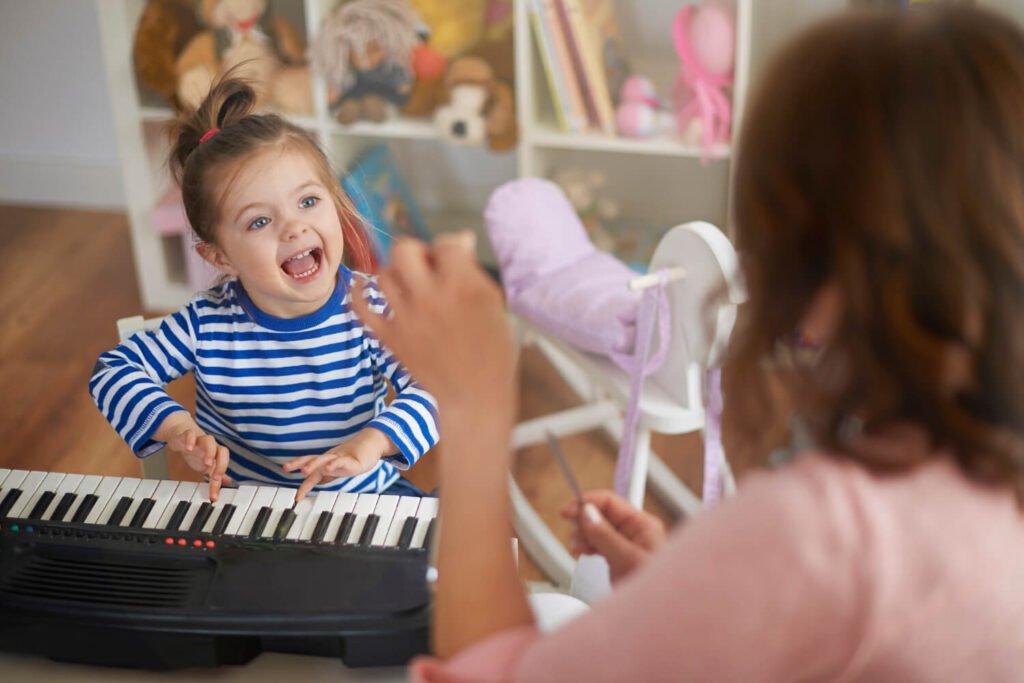
Here are few areas where music helps speech therapy and related development:
- Engagement and Motivation: The capacity of music to attract a child’s attention and keep them involved during speech therapy is one of the main advantages of using music in this setting. Because listening to music is intrinsically pleasurable and is typically regarded as an enjoyable pastime, it can be an effective tool for boosting one’s motivation. Children are more likely to actively participate in treatment sessions and make success that much more attainable when they are driven and interested in the subject matter.
- Rhythmic Patterns and Language Development: Rhythmic patterns are the foundation of music, and they are quite similar to the rhythms that occur naturally in speech. Children can improve their sense of rhythm and timing by participating in rhythmic activities to the beat of a song. These activities include clapping, tapping, and drumming. Rhythm and timing are essential components of speech production. Children will benefit from the practice of syllable stress, intonation, and tempo that these exercises provide in a way that is both fun and engaging.
- Vocabulary Enhancement: Children can learn new words and phrases in a context that will stick in their memories through the use of songs, which frequently have a vocab that is both rich and varied. Children can broaden their vocabularies and have a deeper comprehension of language by singing along with songs and learning the lyrics to such songs.
- Pronunciation and Articulation: Children can improve their articulation skills and vocabulary by singing, as it provides them with a fun and engaging way to do so. Children’s articulation abilities can be greatly improved by listening to music, as many songs place an emphasis on correct pronunciation and diction. In addition, due to the nature of songs being repetitive, children who have difficulty with certain sounds or words have plenty of opportunities to practice those sounds or phrases while listening to songs.
- Differentiating Sounds: The ability to recognize individual sounds, or “auditory discrimination,” is enhanced by listening to music. Children’s speech and language development relies heavily on their ability to listen attentively, thus activities like instrument identification and noticing variations in pitch, tone, and volume are highly beneficial.
- Knowledge of Phonetics: Recognizing and being able to manipulate the sounds of language are both aspects of phonological awareness. Children’s phonological awareness can be improved through the use of music since it requires them to actively listen for rhyme, rhythm, and repetition in songs. Reading and writing rely heavily on these skills as their foundation.
- Engaging in Conversation: The use of music in speech
therapy sometimes takes the form of activities that require group
involvement, with the goal of fostering social engagement and
communication among patients’ contemporaries.Singing in a group
environment encourages people to take turns, listen to one another, and
work together, all of which are fundamentally important social and
communication skills.
The Use of Music in Speech Therapy Sessions
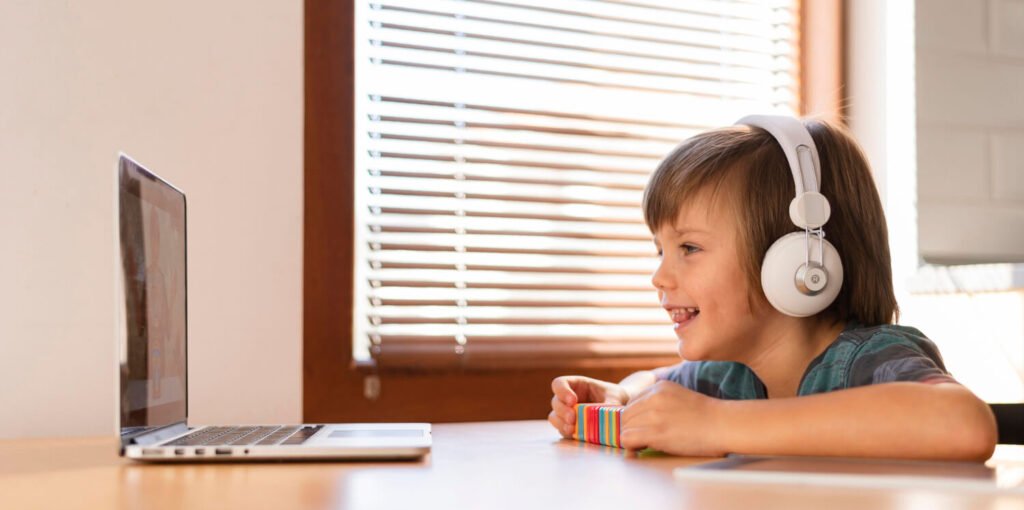
- Singing and Vocalization: Encourage youngsters to sing along with songs that have melodies and lyrics that are easy to understand. This will help them develop their singing voices. Choose songs that are appropriate for the child’s age as well as their current level of linguistic comprehension. Children improve their ability to articulate, as well as their pitch and tone, when they sing.
- Musical Games and Activities: Incorporate musical games with a musical twist, in which the kid is required to obey auditory instructions relating to rhythm and sound. Engaging exercises can be created with the use of rhythm instruments such as drums or the tambourines.
- Songwriting and Lyric Analysis: For kids who are a little bit older, making songs can be a fun and creative method to improve on their language and communication abilities. In addition to being a beneficial form of exercise, lyric analysis for the purpose of identifying metaphors, themes, and terminology may be very enjoyable.
- Movement and Music: By combining different types of movement with different types of music, you can assist children in developing better body awareness and coordination, which can in turn have an indirect impact on the fluency and rhythm of their speech.
- Storytelling: Narrating tales or events with music is a form of storytelling known as “storytelling with music.” Make it into a musical story where the child may participate by adding their own words and sounds to the narrative. The ability to tell stories and creative thinking are both improved by participation in this exercise.
- Sessions of Music Therapy: Consider employing a professional music therapist who specializes in working with children who have speech and language difficulties. A structured approach to music-based speech therapy can be provided by music therapists, who are able to adapt exercises to meet the unique requirements of each child.
Benefits of Adding Music to Speech Therapy
- Better Participation and Retention: Children are more likely to recall and apply what they learn through music as a result of the emotive and memorable quality of musical experiences. This is one of the reasons why music is such an effective teaching tool. This has the potential to lead to more effective and long-lasting development in speech treatment.
- Enhanced Self-Confidence: When youngsters participate in musical activities and have success in those activities, their confidence in their capacity to communicate grows. This newly discovered self-assurance can translate into improvements in their day-to-day communication abilities.
- Improved Recall and Focus: Memory and concentration are both improved by listening to music because of its stimulating effects. Children can improve their ability to recall memories and pay attention for longer spans of time when they participate in music therapy sessions. These skills are necessary for the development of their language skills.
- Reducing Stress: Children can experience less tension and anxiety as a direct result of listening to music because of its sedative properties. During speech therapy sessions, having less anxiety can contribute to improvements in both fluency of speech and articulation.
- Naturalistic Learning: Children are able to learn in a way that is both naturalistic and joyful through the use of music-based speech therapy. This is analogous to how children naturally pick up language in their day-to-day interactions.
- Associations that Benefits: Children are more likely to have a favorable attitude toward speech therapy and experience less resistance and hesitation if they identify it with fun musical activities, which is why it is important for children to relate speech therapy with musical activities.
Using music as a part of speech therapy for kids is a great way to combine the therapeutic benefits of speech with the motivational and instructional benefits of music. Young people can improve their linguistic abilities and have fun doing it through music. Together, parents, teachers, and speech therapists may provide children with an encouraging and melodic setting that promotes their language growth, self-esteem, and ability to communicate effectively. Children can learn to use their voices and communicate more effectively when we acknowledge the role music can play in speech therapy.
Key Takeaways
- Music helps speech therapy sessions by letting kids enjoy learning by turning problems into possibilities.
- Music improves speech, vocabulary, confidence, memory, and stress in children during therapy.
- Music helps speech therapy by producing a harmonic setting that encourages children’s inventiveness and enthusiasm for communication.
- By using music in speech therapy, we help kids find their voices, express themselves clearly, and enjoy language development.
Watch the video below!
This YouTube content features songs specifically designed to aid in speech therapy. These tunes are crafted to enhance language development and communication skills, providing valuable support for individuals undergoing speech therapy sessions
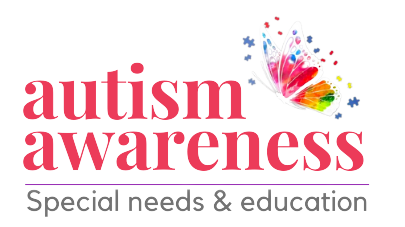
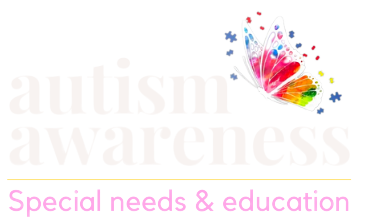
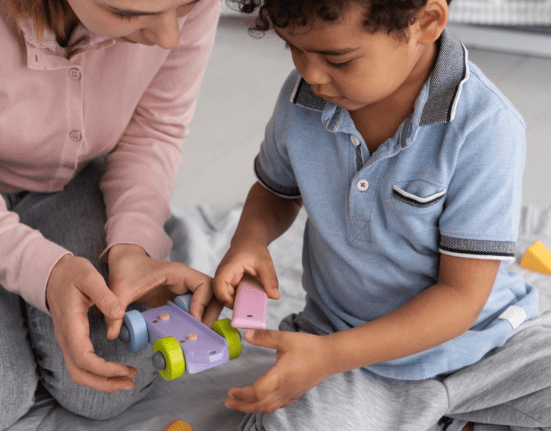
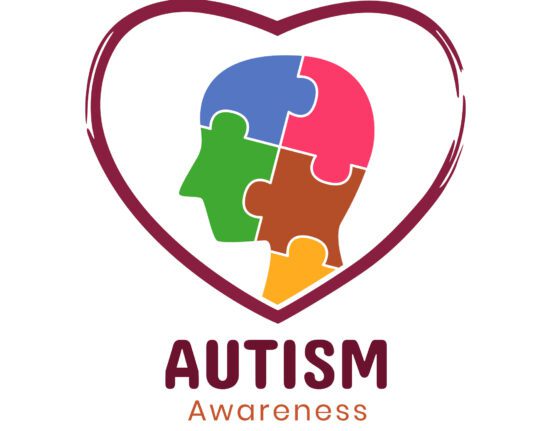



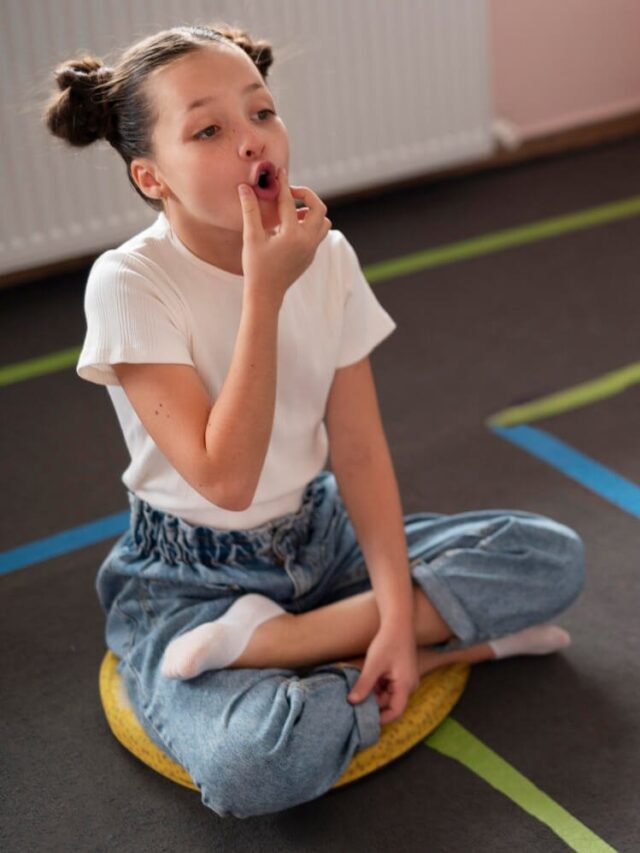

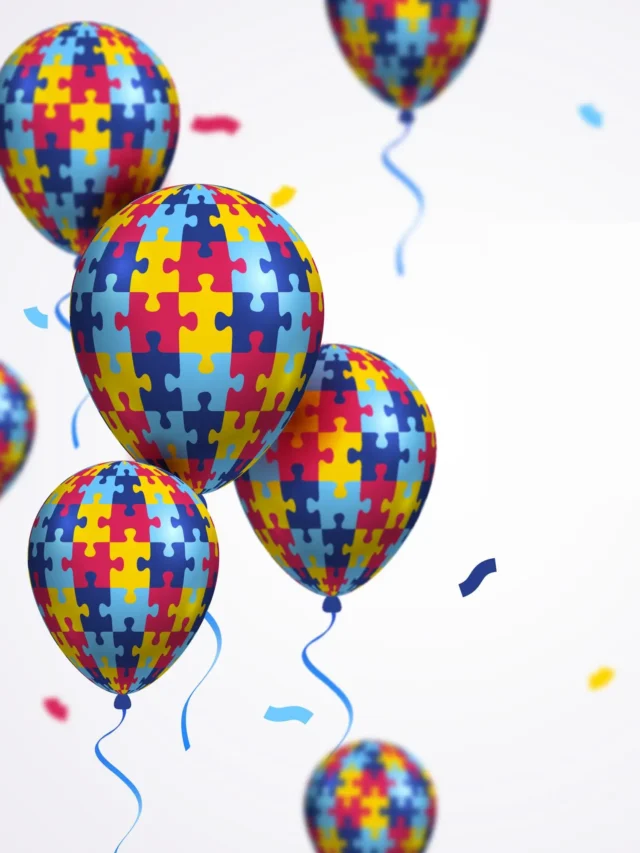
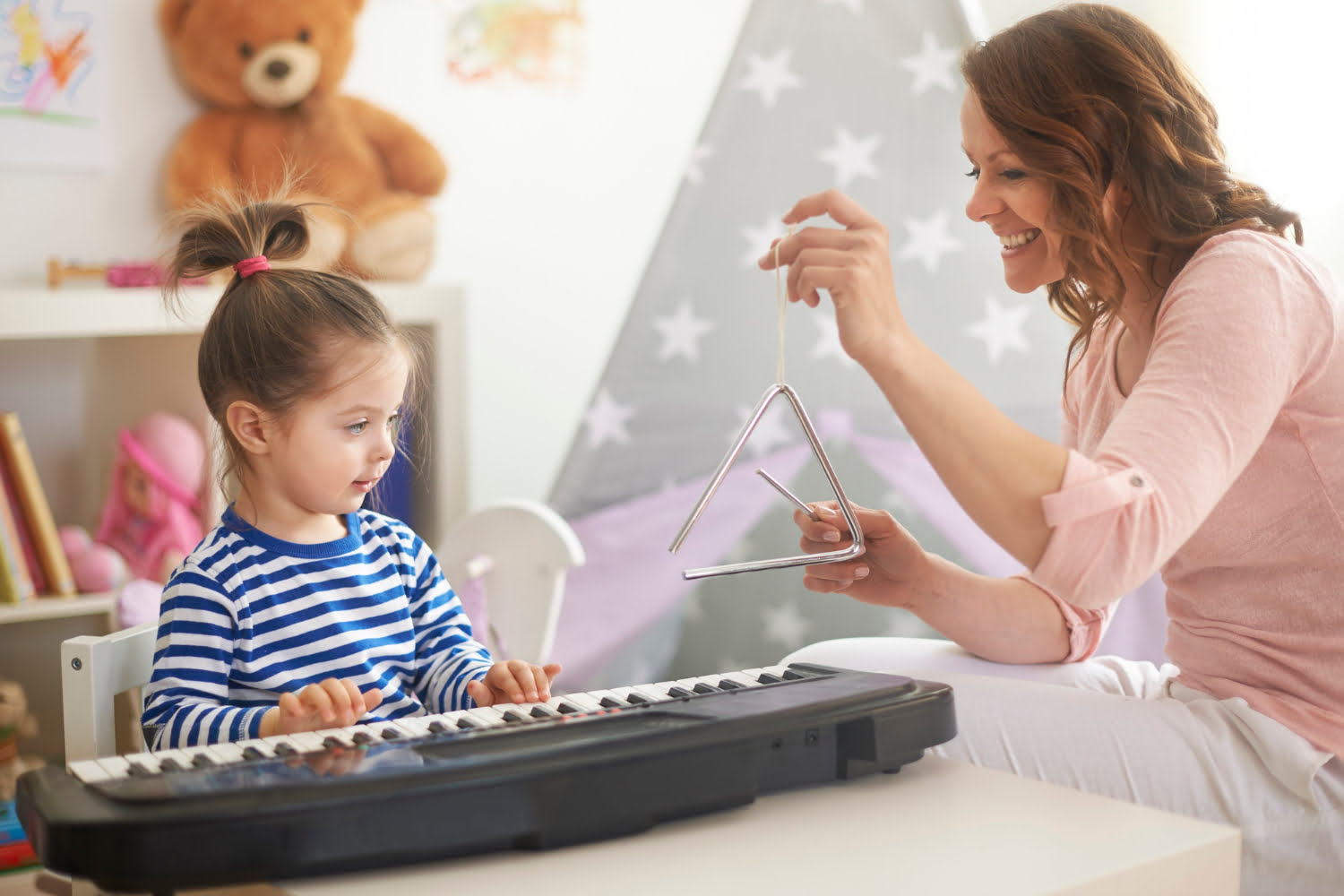
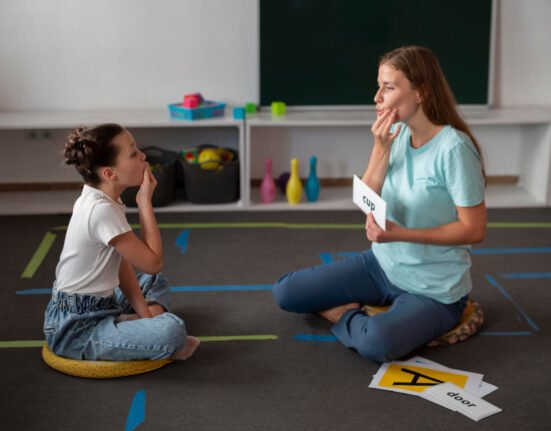
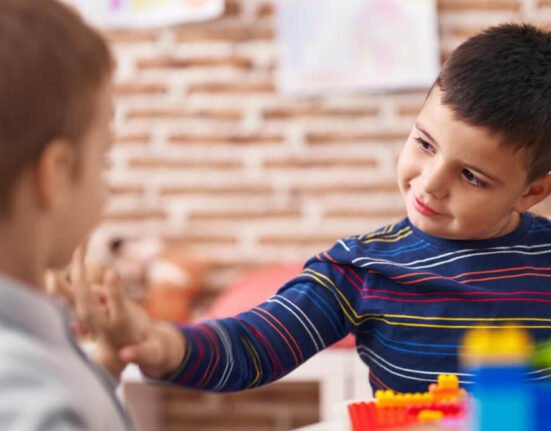

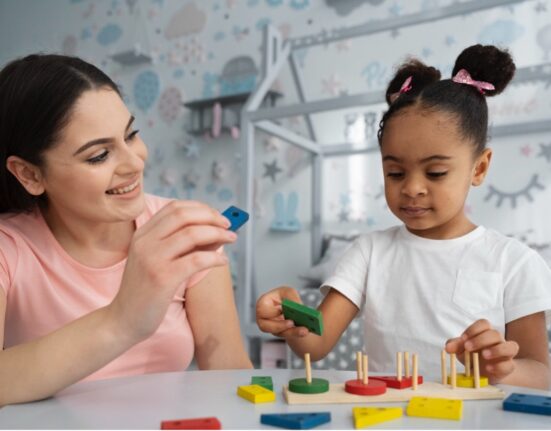
Leave feedback about this